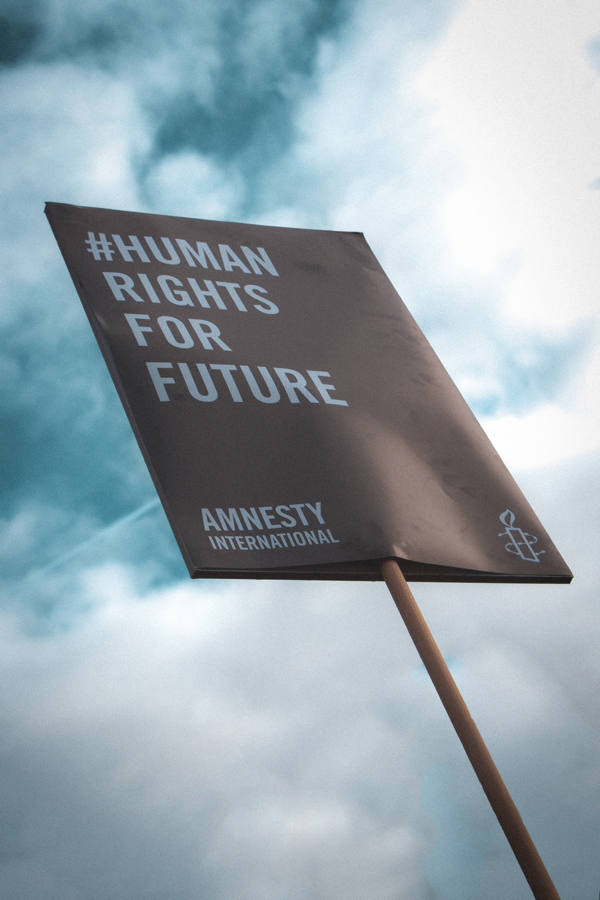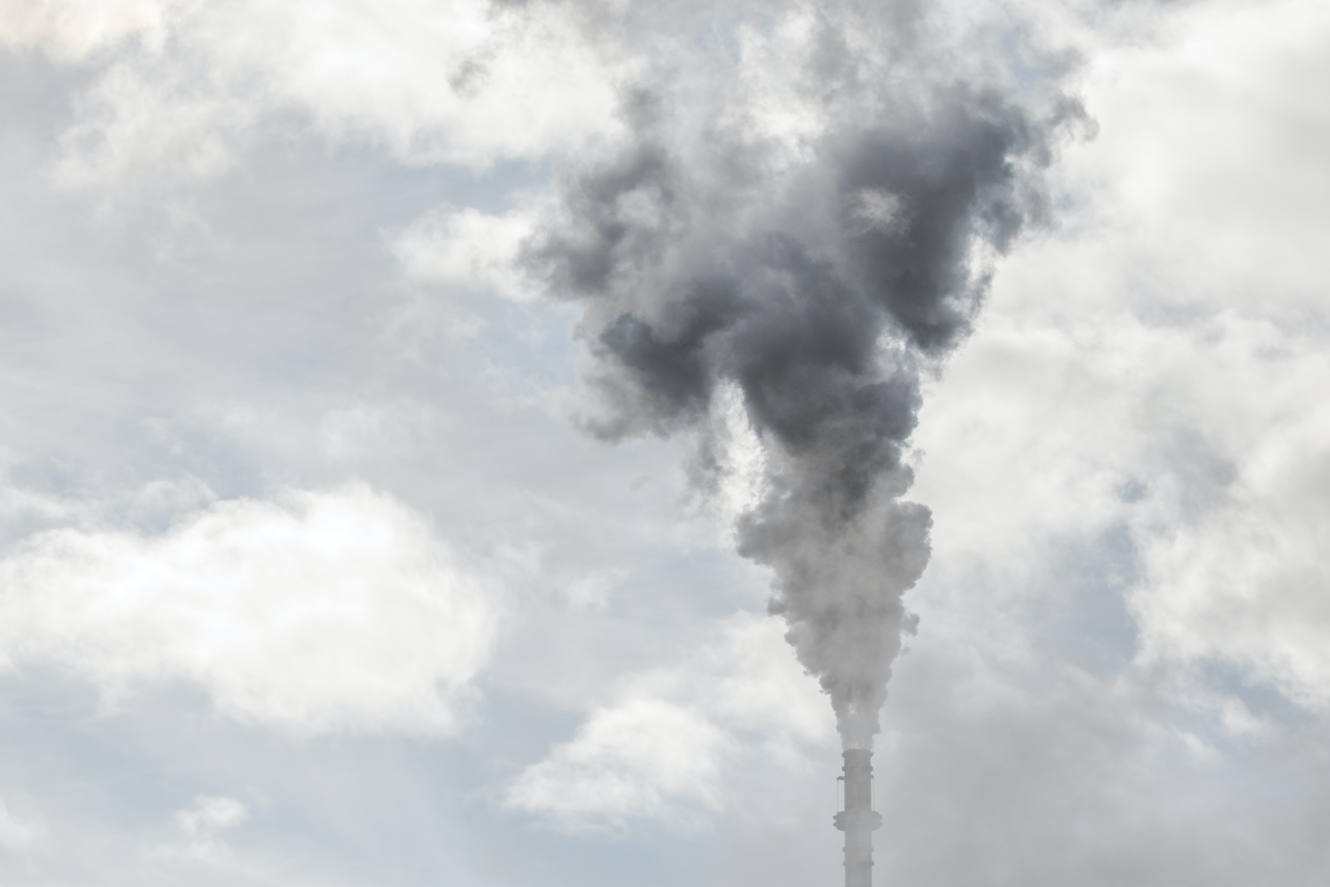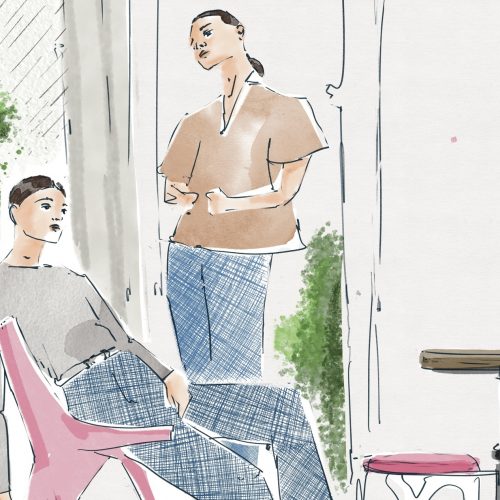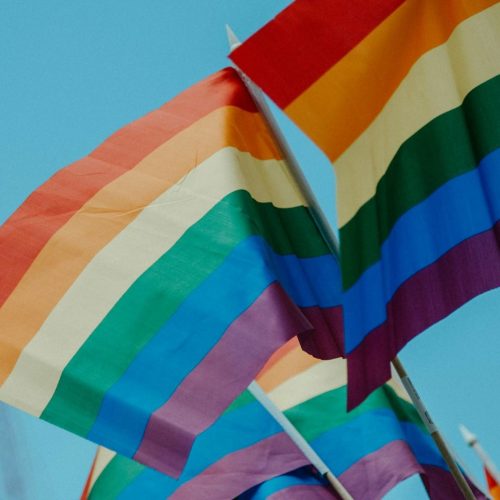Human Rights, Environmentalism and Climate Change during Covid-19
When the time comes for one to look back at the 'severe acute respiratory syndrome coronavirus 2' or SARS-CoV-2 outbreak – otherwise known as COVID-19, the scale and reach of its impact will be the focus. The pandemic represents the single biggest redefining event since WWII or the Great Depression. Indeed, how the coronavirus is already restructuring society can't be emphasised enough. And the effects of COVID-19 exacerbate these issues, many would never imagine it could. These include human rights, natural disasters, or broader environmental degradation. This article looks at these increasing interdependencies, their likely evolvement after COVID-19, and most critically, our options for responses.
CONNECTING COVID-19 TO THIS COMPLEX TRIPARTITE
So how, or why should any associations be made between the coronavirus and these three issues? Well, the biggest significance of Covid-19 is its timing. The pandemic has occurred at a time when there is another transnational and universal issue threatening the global economy: climate change. But, while Covid-19 is the "immediate, short-term" concern, climate change and broader environmental conditions remain the "systemic, long-term" risks.
April 2020 saw the 50th anniversary of Earth Day, an event that represented a milestone bringing focus not only to climate change, but to the environment as a whole. The phenomenon and threats from climate change are nothing new. Ever since the 1970’s it has been a growing field of study; how it interrelates to almost all areas of our daily lives or activities. But what has also been growing is its direct threat to human rights.
This means it is being treated as a security threat, with agencies like NATO establishing their own unique response systems. The obvious consequence of climate change is its impact on the environment and our relationship to it. But climate change also disproportionately affects the poorest people and the lowest-income countries because of a lack of resources, finances, or knowledge to remain resilient. So, this makes it a political and human rights issue too.
When a community is destroyed, part of its identity is too. That is because of the strong connection, an individual, or even entire family develops with a specific place, where memories are built, and livelihoods created. And so, if they are forced to flee or relocate, this will likely redefine their identity and leave them with significant scarring, even if they are wealthy or not. This is called "eco-anxiety". It is the concept that natural disasters or intensification of climate change gradually cause manifestations of anxiety, depression, or helplessness. Therefore, it becomes a human rights issue.
Those most vulnerable to these overarching, transnational processes become disproportionately affected, and are even more disenfranchised as they cannot improve their lives without the dependency on external support. Then, one must include Covid-19 which only magnifies these challenges. More crucially, why Covid-19 is receiving so much attention in the context of human rights, environmentalism, and climate change. It adds another time-sensitive dimension to an already existing and worsening global challenge which requires more than ever innovative, multilateral strategies.


THE CONSEQUENCES OF COVID-19 ON HUMAN RIGHTS
Now this a hugely complex topic which is not answerable simply because one cannot know what the long-term changes to day-to-day life will be. The most apparent impact from Covid-19 has been the reduction in our freedom to move, socialise, and work as usual. For some, such as with recent protests in the US, there is a belief that the lockdown measures and social distancing policies are the beginning of more widespread changes to impose greater control by governments on populations. They claim that the coronavirus symbolises the catalyst for restrictive laws to be enacted and limit the rights of communities to live as they wish. However, such groups are very much in the minority.
Most individuals have, for the most part, heeded professional and government advice to practice self-isolation and staying at home. These voluntary actions highlight the most significant case of voluntary reduction to human rights and freedom for decades, underlining the impact COVID-19 has had worldwide, regardless of country, background, or culture.
The most significant violations to human rights because of coronavirus have come in the form of freedom of knowledge or information sharing. Many countries, including the US, have exhibited continuous cases of denying specific details about the pandemic or even depriving their populations of accurate information. In India, little has been done to prevent disinformation spreading, which has been claiming the minority Muslim population is central to Covid-19 spreading across the country. Next door, China has been clamping down on journalists and others attempting to share accurate data surrounding Covid-19 in the country-of-origin of the entire outbreak. The number of countries detaining individuals for expressing their opinions about their national government's
responses is countless. In much of South America, such as Bolivia or Brazil, the incumbent governments have been using the pandemic as a justification to threaten political opponents or even imprison those they find most problematic.
So, chillingly, in some countries, including those that are classified as liberal democracies, there is evidence Covid-19 is being used as an excuse by governments to exercise more control over their populations, in any way they deem fit. The next biggest question then comes, to what extent will they then keep these new, heightened restrictions imposed indefinitely? Even before coronavirus, there was the rise of populism in Eastern Europe, specifically Poland and Hungary, where onlookers were seeing more and more signs that elements of what makes a real liberal democracy was being eroded. Viktor Orban, the Hungarian president, has been attempting to consolidate his powers so much that, even when elections are held, they are merely symbolic. Therefore, Orban, alongside his party, retain control irrespectively.. But that is even before the introduction of Covid-19. Leaders like Orban are using Covid-19 as an excuse to brazenly remove many freedoms held by Hungarians in Europe – a continent which has emphasised freedom and diversity since WWII.
So, while Covid-19 is a direct cause of human rights violations, it is being leveraged by many, primarily developing nation governments to strengthen their agendas or ingrain their influence over vulnerable populations. It is most prevalent over communities which know no better, lack the education or resources to learn for themselves and therefore question their governments. Covid-19 is undoubtedly a critical threat when it comes to freedom and neutrality of information. But equally, a growing polarisation between those that have access to it and those who do not

COVID-19 AND THE ENVIRONMENTAL EQUATION
When considering the role of the coronavirus upon the environment, most will quickly come to associate it with climate change. However, it is crucial to remember that the environment comprises various other elements and processes, inevitably to be impacted by the events of Covid-19. Or perhaps more specifically, the changes to human's interaction to the environment because of Covid-19. Indeed, this will be heavily connected to climate change processes, but it is essential to highlight the impacts on other areas of the environment.
On the one hand, the pandemic has brought arguably 'positive' environmental developments. One can look to social media, where, early into the quarantine measures people began recording the increased intrepidity from wildlife into urban areas. Wildlife re-entered city centres, more sea turtles began laying their eggs across beaches typically inundated with beachgoers. Fewer people have meant less human activity, light, and noise pollution which all confuse an animal’s instincts.
Alternatively, there have been improvements to the conditions of environmental areas, such as the water quality of Venice. Infamous for being the most popular tourist destination in the world, Venice’s water and air quality has improved, paving the way for aquatic life to reappear. It is reassuring to see nature reclaiming areas in diverse ways. But unfortunately, with the good, comes the bad, which is usually driven by human activities and choices. This is no different.
One of the most notable has been the extensive and illegal deforestation occurring across the Amazonian rainforests. As if the severe fires that occurred in summer 2019 had not been enough, opportunistic groups are exploiting the restriction of information to remove these intrinsic environments at 150% of what they usually do. Furthermore, with access to specific food sources becoming harder, others in developing countries mostly, have been resorting to illegal poaching. Valuable products, some of which don't even then revolve around hunting the animal for meat, are increasing after being contained for years.
The most prominent cases being rhino horns or the ivory trade, both of which aren’t for consumption. Or comparatively, the Australian bushfires that gripped the news and social media attention at the turn of 2019-20 have been overlooked considering the coronavirus. This shift in focus underlines what had been hoped as a wakeup call regarding policy priorities and human-centric concerns.
Simply put, it means society just reverts to worrying about things in their immediate attention and overlooking the more serious, systemic threats communities are still as susceptible to. With or without COVID-19 lingering.
CLIMATE CHANGE AND COVID-19
That neatly brings up the case of climate change and the implications from COVID-19. On the surface, some have actively celebrated the emergence of the pandemic as it acts as some form of respite for the environment and wildlife from the relentless activities of humans. However, it is an extremely disconcerting notion once people begin to consciously support and embrace the effects of a pandemic to curb human's behaviour. It sets a disturbing precedent and not one to be encouraged. Undeniably, the effects of COVID-19 on climate change have been some of the most notable and reported aspects to the pandemic. Indeed, if anything the pandemic has revealed just how woefully unprepared most countries or institutions are.
As the outbreak took hold of more countries during early-2020, most governments were utterly overwhelmed by how and where to apply resources most effectively to mitigate the spread. Nowhere, more than Europe, arguably the biggest group of developed nations, was this more on display, where many showed their inabilities to not only deal with coronavirus internally, but between one another. So, just consider this when faced with the longer-term and less immediately apparent effects of climate change. Many opponents argue that comparing Covid-19 to climate change is just redundant and doesn't achieve anything. But it depends on how and what you are comparing. If one is comparing the problems, the events themselves, then admittedly, there are limitations.
However, what about when comparing our responses to either? That is where the similarities and/or inadequacies quickly overlap. It not about comparing the problems themselves, but our ability to design and implement effective response mechanisms to deal or ideally prevent these threats. The pain that has come from the pandemic has inadvertently shown that even with the projected reduction to carbon emissions, these still would not come close to what is needed to avoid dangerous consequences from climate change. So, what does this mean? Effectively, what this means, is that to meet climate targets, there would have to be a collective, conscious, and voluntary reduction in socioeconomic activities to not only emulate the effects of the coronavirus but to go further. It is difficult to put it into context since the scale of COVID-19 is unprecedented and is near-impossible to describe itself sufficiently. In other words, there would have to be a one-and-a-half-coronavirus-worth amount of change needed to be made to pre-Covid-19 socioeconomic activities if climate change were to be adequately addressed.
Equally, the climatic risks from Covid-19 also arise from:
- The disruption to the UNCOP26 conferences in November – events which many saw as the next milestone in tacking climate change since UNCOP21 in Paris 2015
- The fact that the pandemic is of immediate concern to populations will reduce the pressure upon politicians and policymakers to prioritise responding to Covid-19
- The economic downturn from the pandemic will mean economies will want to restart and output at increased rates, only resulting in extra emissions
So, this shows just how far the effects of the pandemic have gone and that they will last well beyond the final cases of the coronavirus have been overcome. But a significant extent of this will depend on what policies and choices are included as part of any response efforts.
CONCLUDING REMARKS
The effects from the coronavirus are widespread and cross-cutting. But as to how long these effects last depends on us. When it comes to climate change, this period should not be treated as merely one which acts as a brief respite for the environment and climate change while society have remained indoors. No, that emphasises inaction, which doesn't resolve anything.
Instead, focus should be at developing and innovating methods and ideas on how to eventually emerge from the Covid-19 pandemic with a new approach to conducting business. There are many ways policy changes could get economies moving, capitalising on this intense, but short period and where much has been learned.
So, while shifting from rescue to recovery phases, it should be easy to incorporate climate goals while rebooting economies and creating employment opportunities. We learn from past pandemics for what did and didn’t work.
It goes beyond merely bailing out airline companies for instance, and investing in renewable energies, not as R&D projects, but as part of the rebuild process. By combining climate policies as part of broader action strategies, instead of placing so much emphasis on them individually, means they will seem less intimidating and complement other new policies. Ensuring cross-industry or society education about climate change in fundamental.
It is with our own interests, our own longevity, to do so. Because if inaction remains the natural pathway, the economic costs will far outstrip any efforts to redesign and restructure the way affairs are conducted currently. If pragmatic programmes with clearly defined targets are established, this will result in the adoption and promotion of more environmentally friendly behaviour more comprehensively. This will ensure that the effects from not only Covid-19 but any future crisis are as optimally managed as possible.

Pyotr Kurzin is a British-Russian expat, and expert on geopolitics, specialising currently as a country and thematic specialist for Amnesty International on transnational issues including human rights, migration, and climate change. A passionate traveller, Pyotr wants to use his knowledge to provide clearer understanding of how as individuals we can all make a significant difference.
Read his blog: My Global Muse




